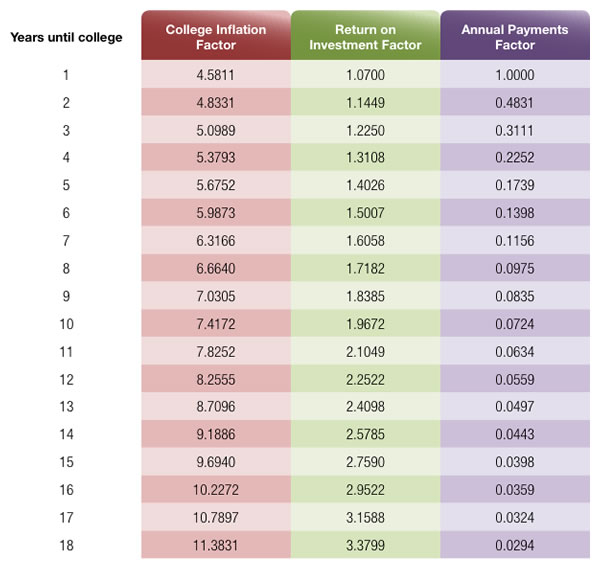Healthcare Provider Update: Healthcare Provider for UnitedHealth Group The primary healthcare provider for UnitedHealth Group is UnitedHealthcare, which offers a variety of health insurance plans and services, including individual and employer-sponsored health plans, Medicaid, and Medicare products. UnitedHealthcare operates within the larger framework of UnitedHealth Group, which is one of the nation's leading health care companies. Potential Healthcare Cost Increases in 2026 In 2026, healthcare costs are expected to rise sharply, primarily due to the expiration of enhanced federal premium subsidies and escalating medical expenses. UnitedHealthcare has announced significant premium increases, particularly in states like New York, where rates may soar up to 66.4% for individual plans. This combination of factors could lead to out-of-pocket premium costs surging by over 75% for a substantial number of enrollees, thereby straining family budgets and potentially reducing access to affordable care for millions of Americans. As a result, both consumers and industry stakeholders will need to navigate an increasingly challenging landscape in the healthcare market., 'sources': [], 'images': [] Click here to learn more
It doesn’t take a degree in finance to see the cost of college continues to rise.
In its 2017 report, the College Board showed that public four-year institutions raised prices an average of 3.2% annually between the 2007-08 and 2017-18 school years. Put another way, a $5,000 education in 2007-08 would cost $6,851 in 2017-18.
For a few families, the lion’s share of education costs falls on parents and, in some cases, on grandparents. For our UnitedHealth Group clients who are parents you may already know, generally, the majority of families rely on a combination of scholarships, grants, financial aid, part-time jobs, and parent support to help pay the cost.
For UnitedHealth Group employees who have children approaching college age, a good first step is estimating the potential costs. The accompanying worksheet can help you get a better idea about the cost of a four-year college.
For UnitedHealth Group employees who already put money away for college, the worksheet will take that amount into consideration. For UnitedHealth Group employees who haven’t, it’s never too late to start.
Resources
There are a number of resources that can help individuals prepare for college. The U.S. government distributes certain information on colleges and costs. Here are two sites for these UnitedHealth Group employees to consider reviewing:
www.studentaid.ed.gov
The government’s college and financial aid portal.
Featured Video
Articles you may find interesting:
- Corporate Employees: 8 Factors When Choosing a Mutual Fund
- Use of Escrow Accounts: Divorce
- Medicare Open Enrollment for Corporate Employees: Cost Changes in 2024!
- Stages of Retirement for Corporate Employees
- 7 Things to Consider Before Leaving Your Company
- How Are Workers Impacted by Inflation & Rising Interest Rates?
- Lump-Sum vs Annuity and Rising Interest Rates
- Internal Revenue Code Section 409A (Governing Nonqualified Deferred Compensation Plans)
- Corporate Employees: Do NOT Believe These 6 Retirement Myths!
- 401K, Social Security, Pension – How to Maximize Your Options
- Have You Looked at Your 401(k) Plan Recently?
- 11 Questions You Should Ask Yourself When Planning for Retirement
- Worst Month of Layoffs In Over a Year!
- Corporate Employees: 8 Factors When Choosing a Mutual Fund
- Use of Escrow Accounts: Divorce
- Medicare Open Enrollment for Corporate Employees: Cost Changes in 2024!
- Stages of Retirement for Corporate Employees
- 7 Things to Consider Before Leaving Your Company
- How Are Workers Impacted by Inflation & Rising Interest Rates?
- Lump-Sum vs Annuity and Rising Interest Rates
- Internal Revenue Code Section 409A (Governing Nonqualified Deferred Compensation Plans)
- Corporate Employees: Do NOT Believe These 6 Retirement Myths!
- 401K, Social Security, Pension – How to Maximize Your Options
- Have You Looked at Your 401(k) Plan Recently?
- 11 Questions You Should Ask Yourself When Planning for Retirement
- Worst Month of Layoffs In Over a Year!
www.collegeboard.org
The group that administers the SAT test.
Estimating the Cost of College


What type of retirement savings plan does UnitedHealth Group offer to its employees?
UnitedHealth Group offers a 401(k) retirement savings plan to help employees save for their future.
Does UnitedHealth Group match employee contributions to the 401(k) plan?
Yes, UnitedHealth Group provides a matching contribution to employees who participate in the 401(k) plan, subject to certain limits.
How can employees enroll in the UnitedHealth Group 401(k) plan?
Employees can enroll in the UnitedHealth Group 401(k) plan through the company's benefits portal during open enrollment or after they become eligible.
What is the eligibility requirement to participate in the UnitedHealth Group 401(k) plan?
Most employees at UnitedHealth Group are eligible to participate in the 401(k) plan after completing a specified period of service.
Can employees at UnitedHealth Group take loans against their 401(k) savings?
Yes, UnitedHealth Group allows employees to take loans against their 401(k) savings, subject to the plan's terms and conditions.
What investment options are available in the UnitedHealth Group 401(k) plan?
The UnitedHealth Group 401(k) plan offers a variety of investment options, including mutual funds, target-date funds, and other investment vehicles.
Is there a vesting schedule for the employer match in the UnitedHealth Group 401(k) plan?
Yes, UnitedHealth Group has a vesting schedule for the employer match, which means that employees must work for the company for a certain period to fully own the matched funds.
How often can employees change their contribution amounts to the UnitedHealth Group 401(k) plan?
Employees can change their contribution amounts to the UnitedHealth Group 401(k) plan at any time, subject to the plan's guidelines.
What happens to a UnitedHealth Group employee’s 401(k) account if they leave the company?
If a UnitedHealth Group employee leaves the company, they have several options for their 401(k) account, including rolling it over to another retirement account or leaving it with UnitedHealth Group.
Does UnitedHealth Group offer financial education resources for employees regarding their 401(k) plan?
Yes, UnitedHealth Group provides financial education resources and tools to help employees make informed decisions about their 401(k) savings.




-2.png?width=300&height=200&name=office-builing-main-lobby%20(52)-2.png)









.webp?width=300&height=200&name=office-builing-main-lobby%20(27).webp)


-2.png)









.webp)